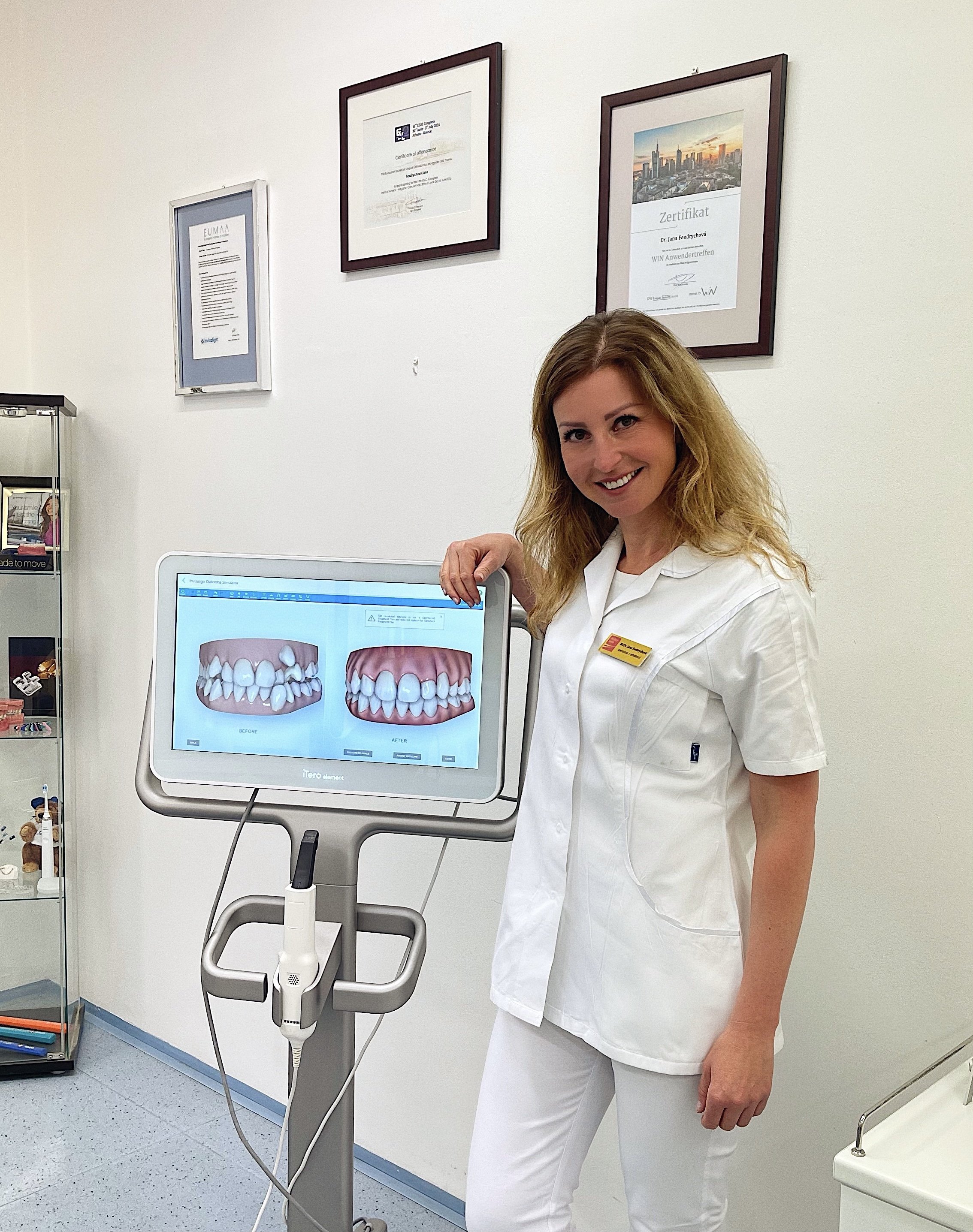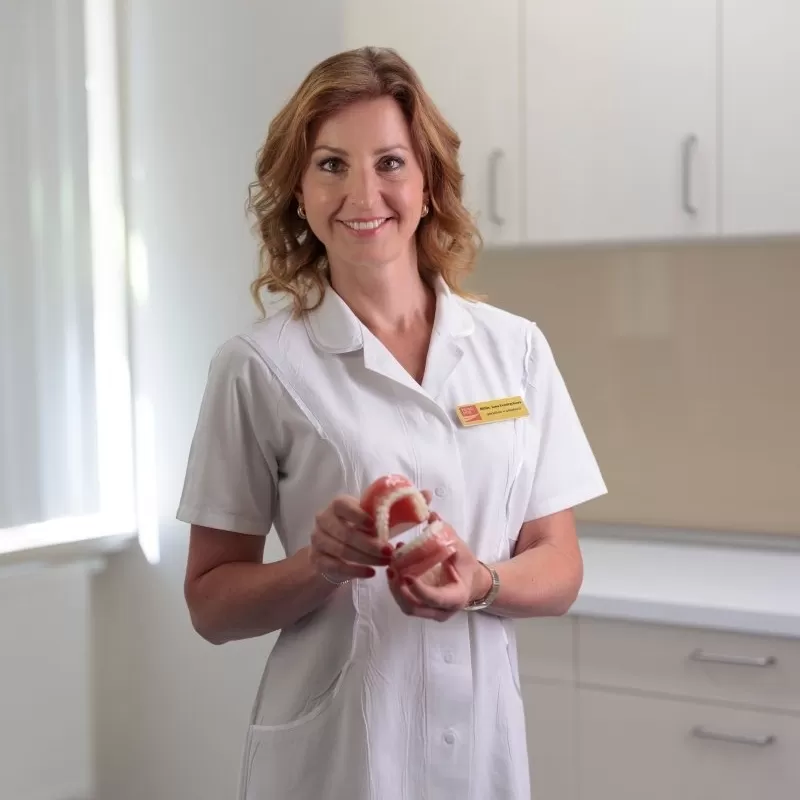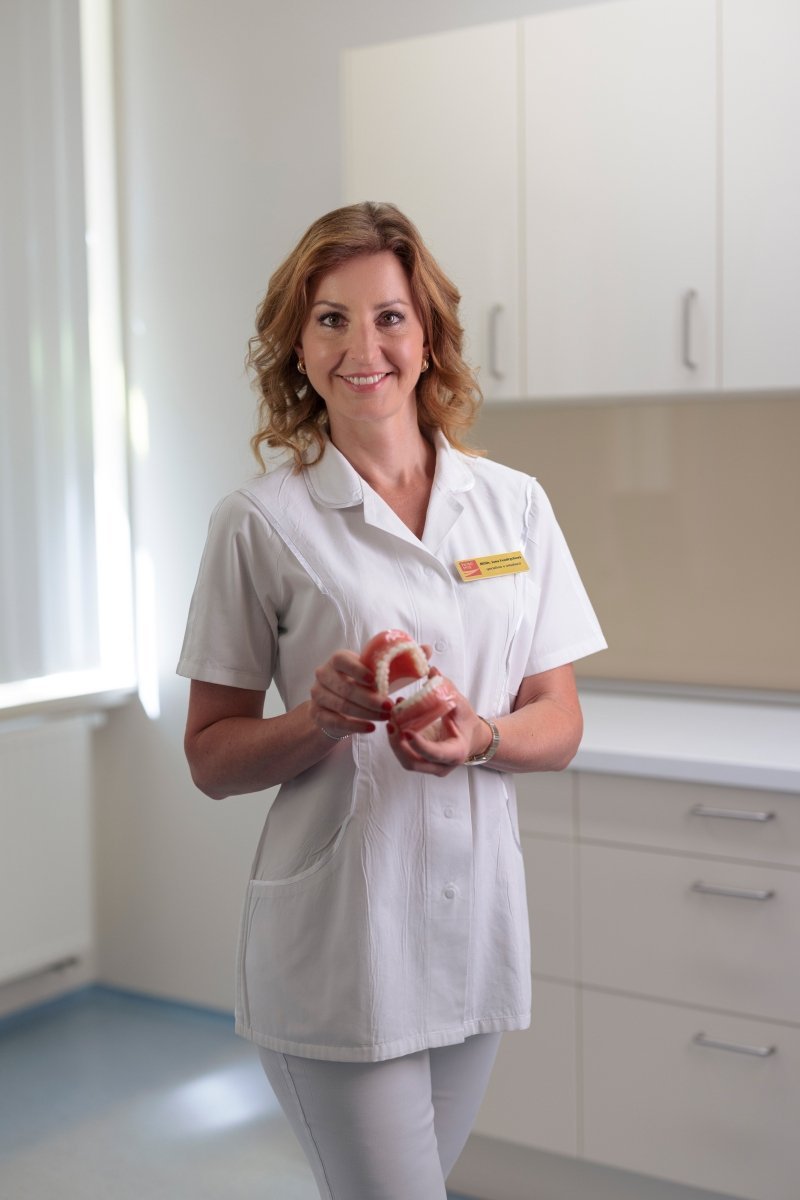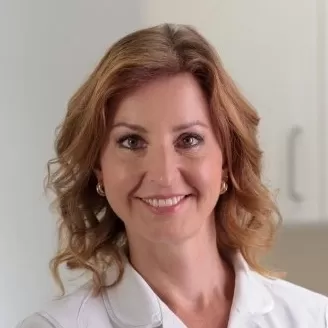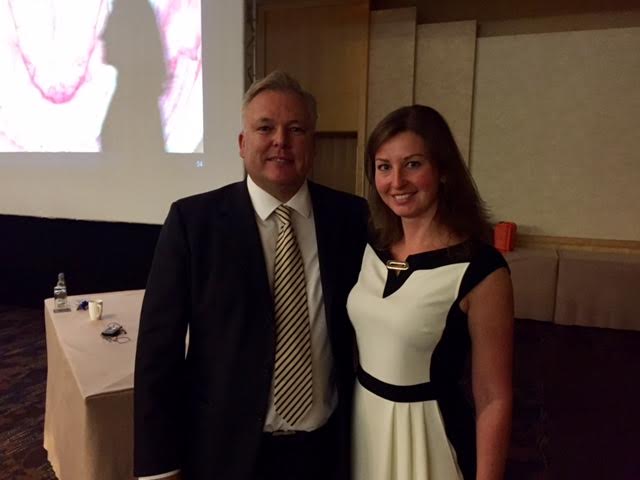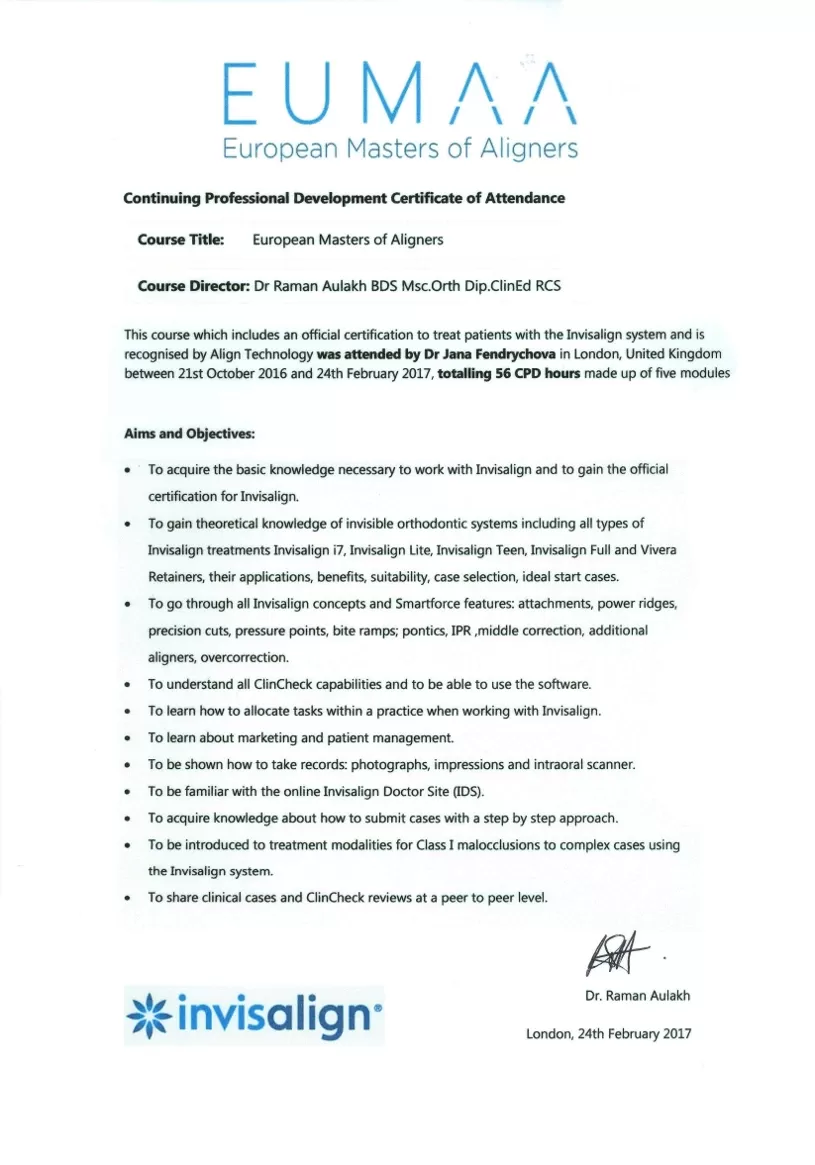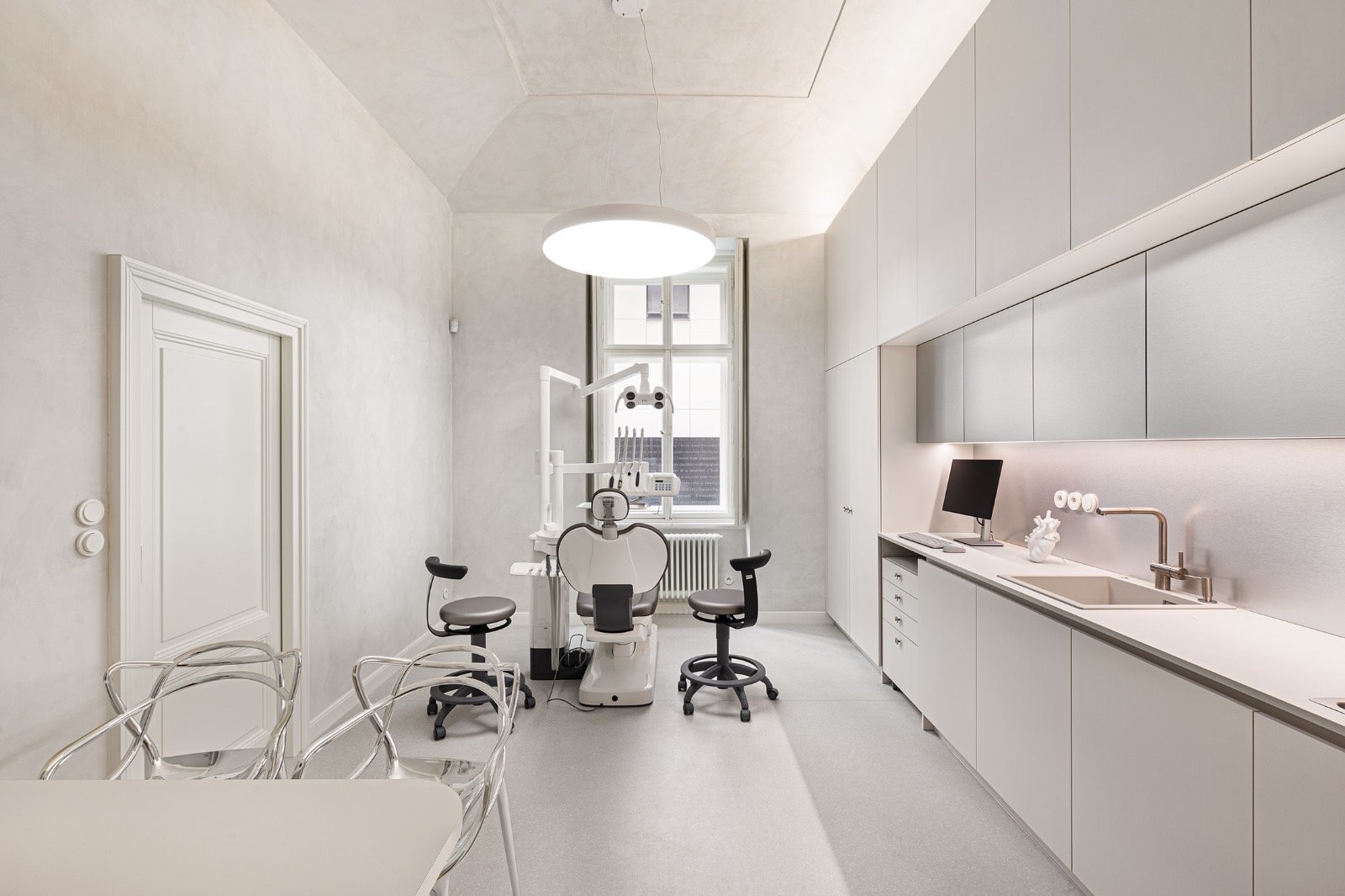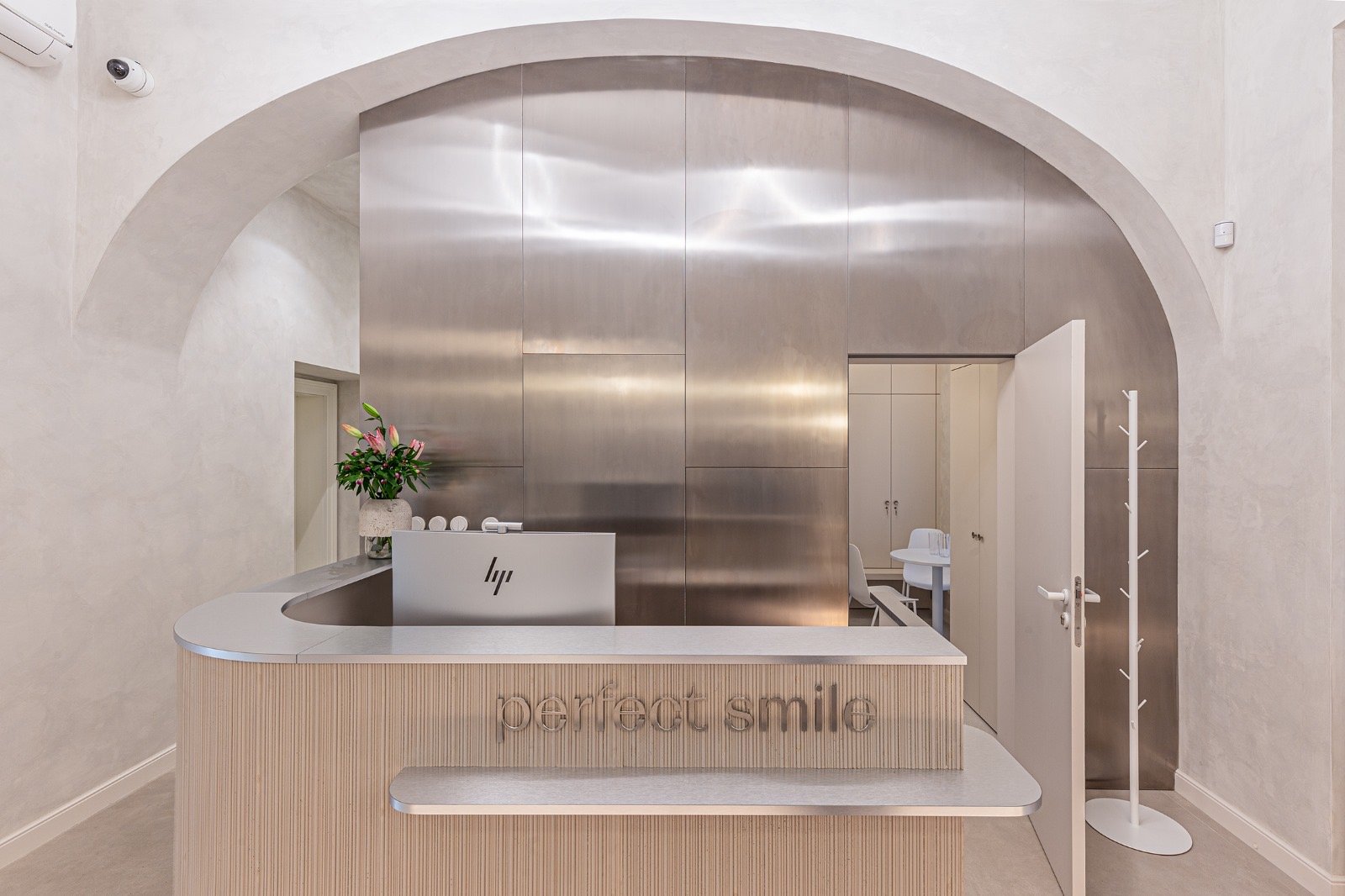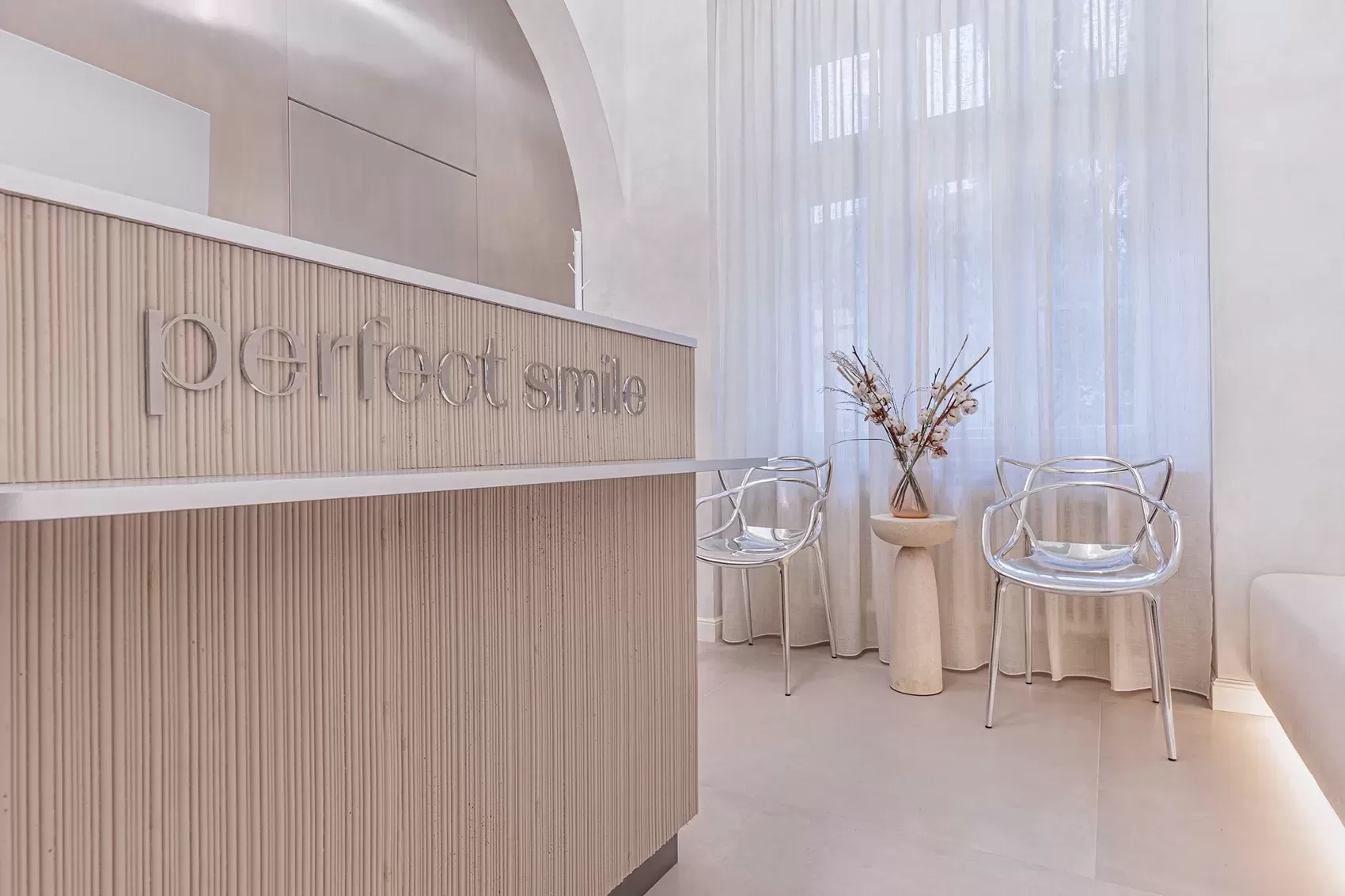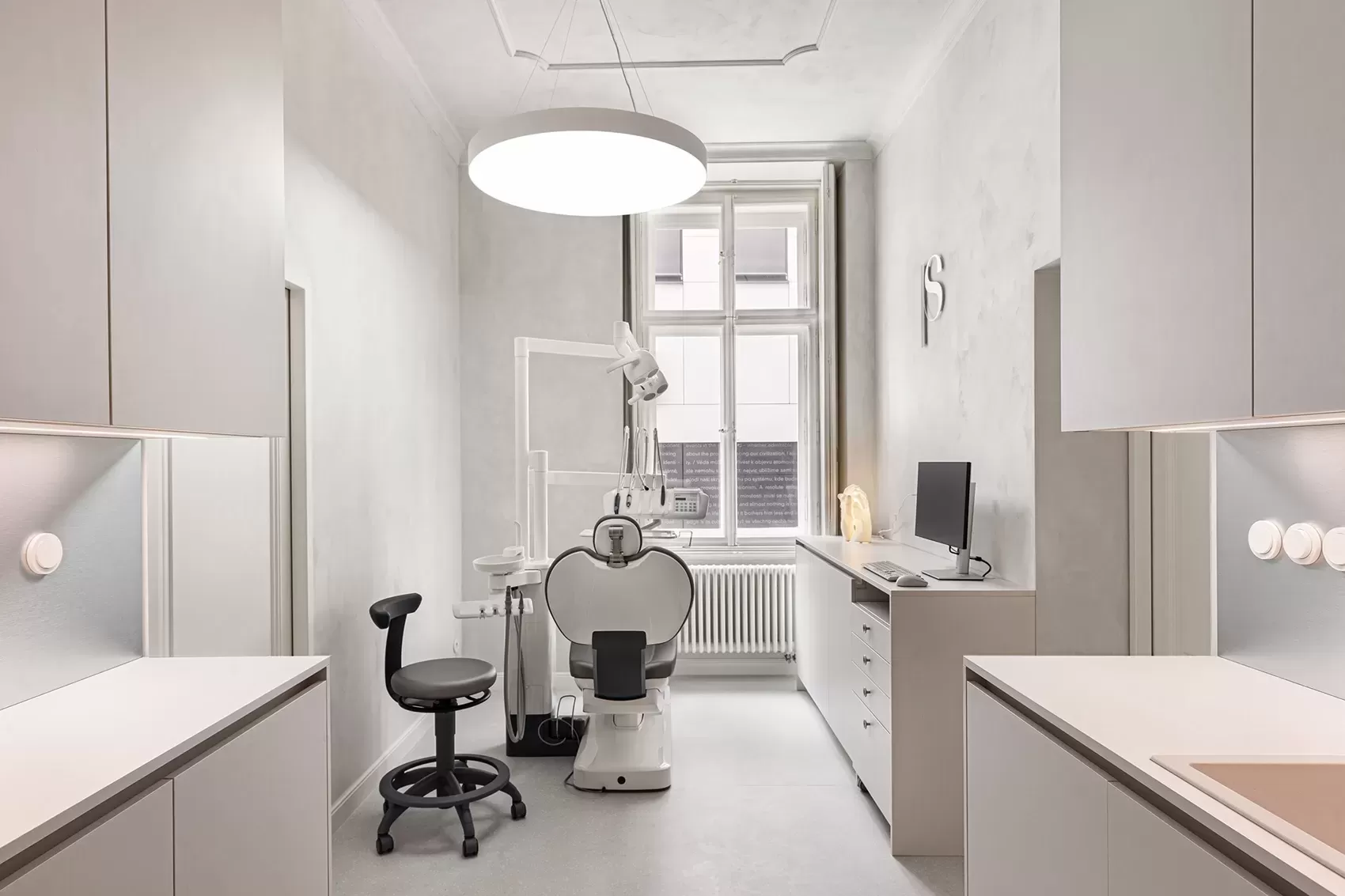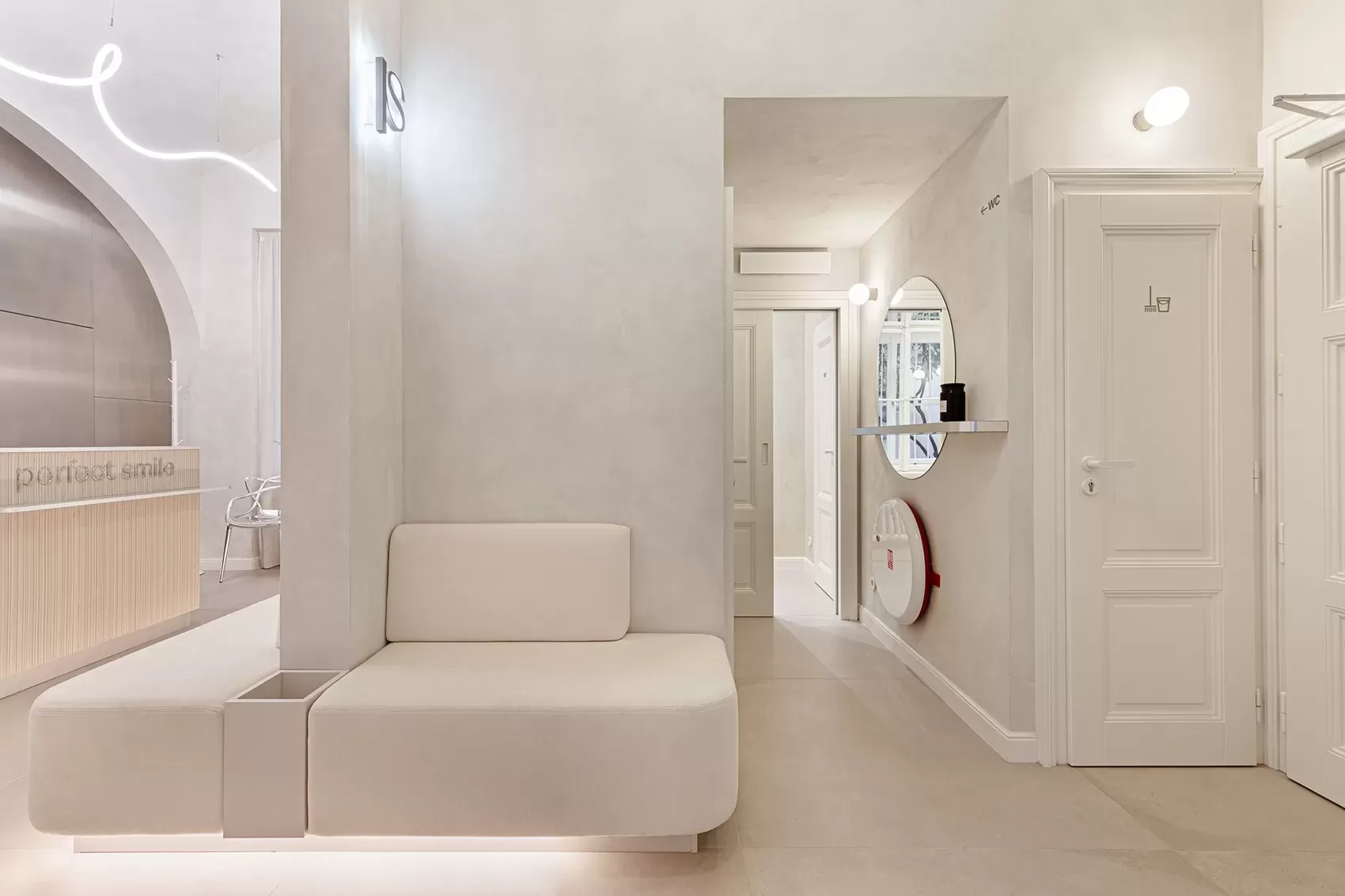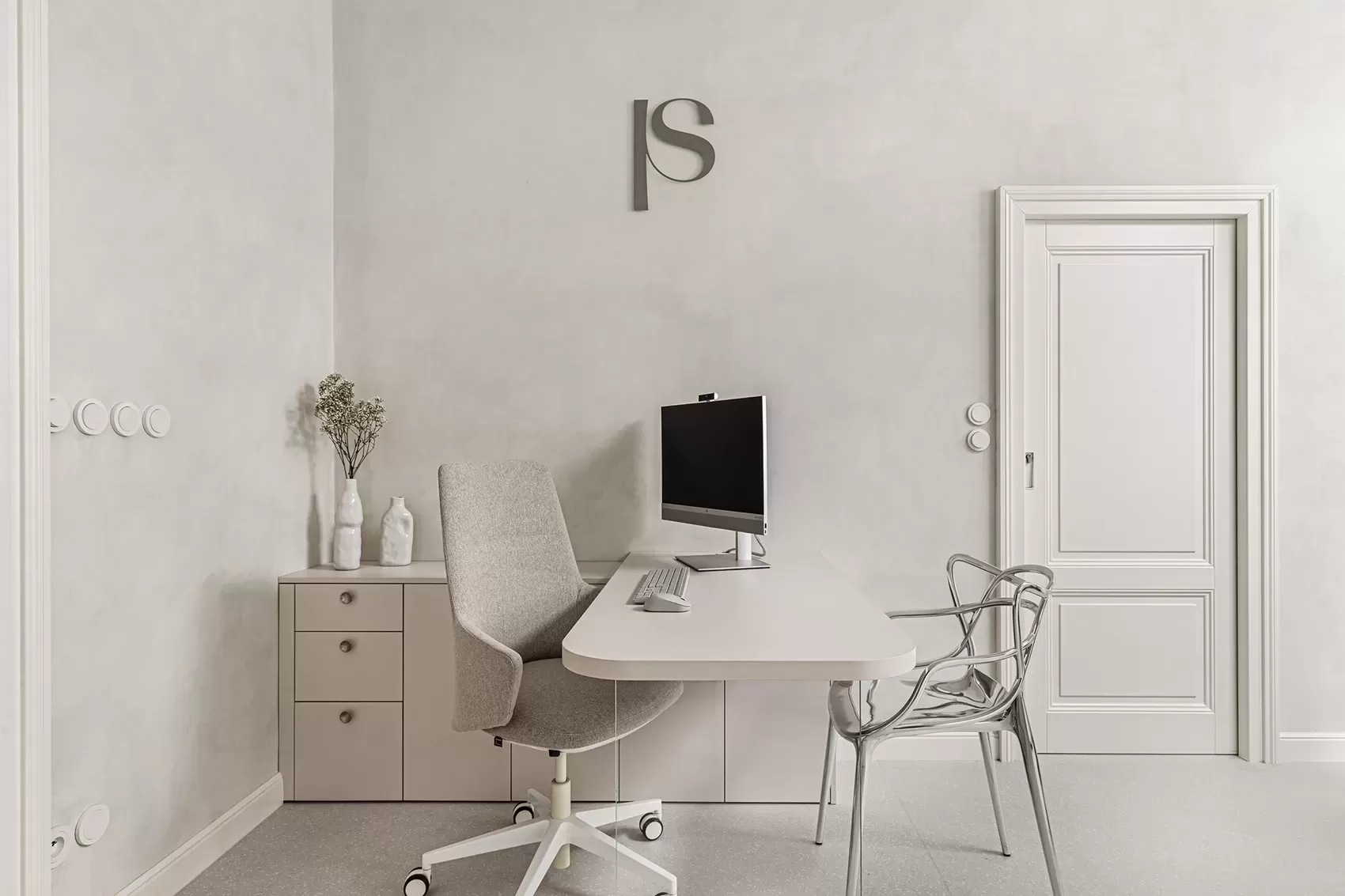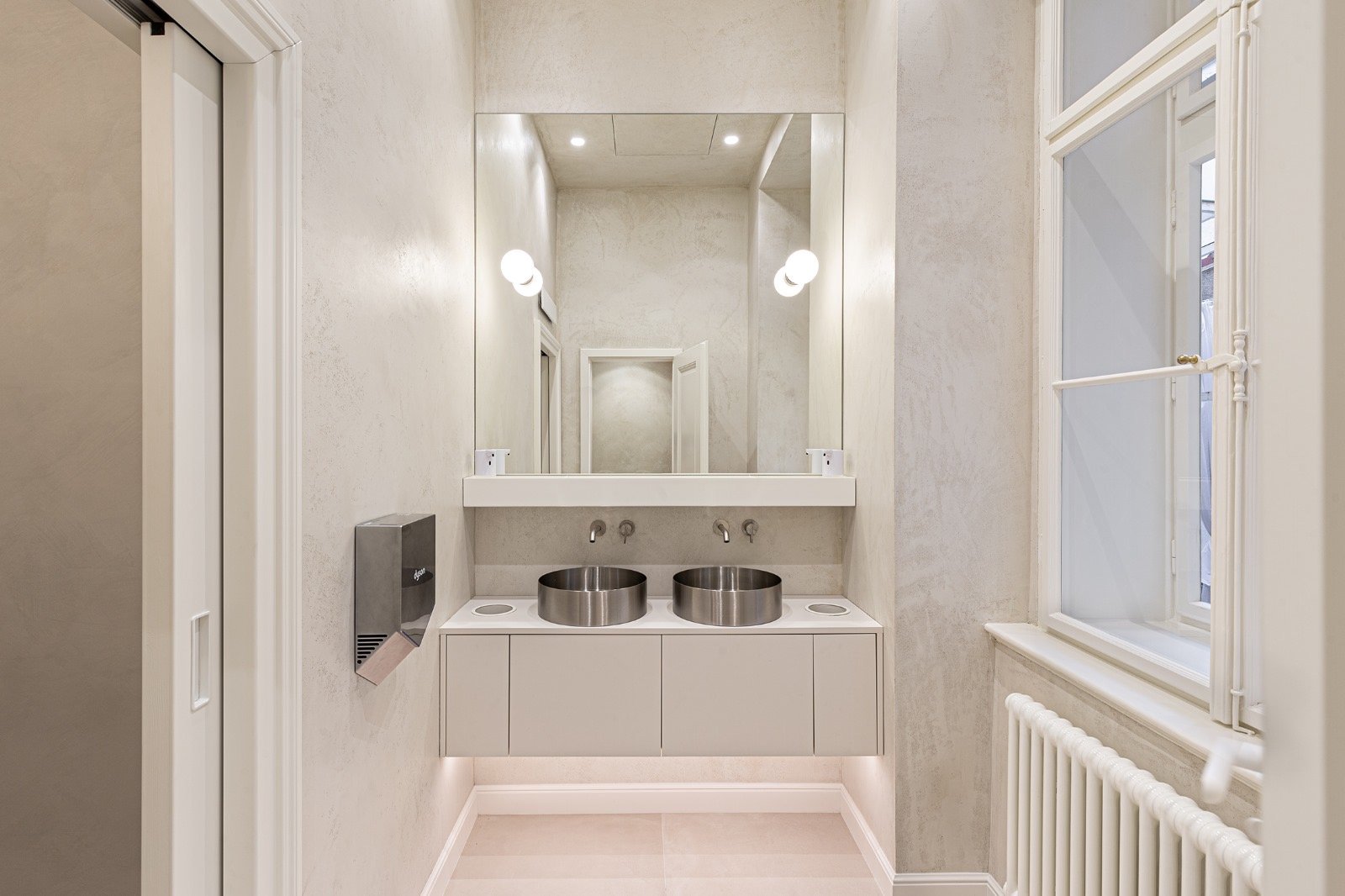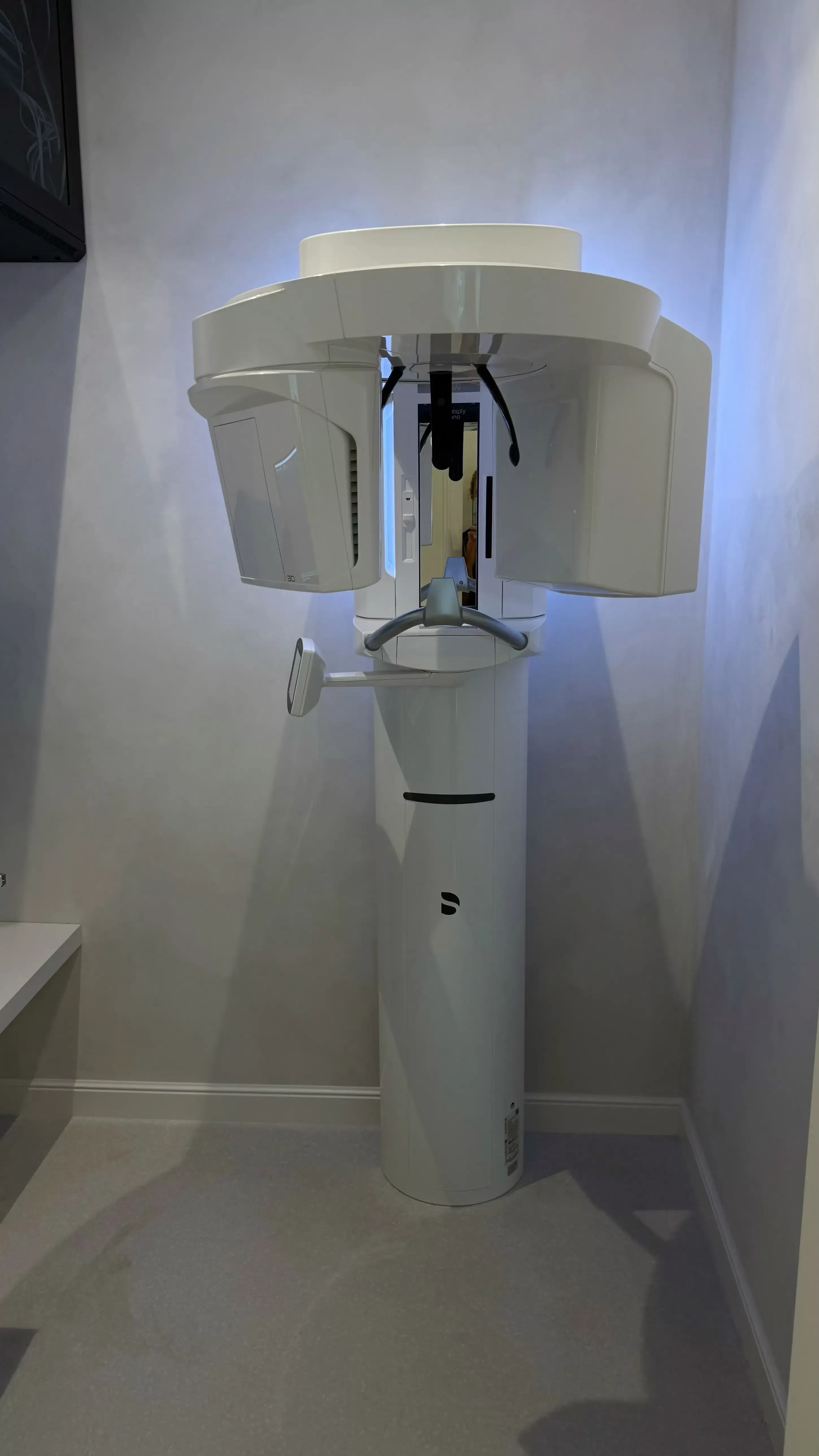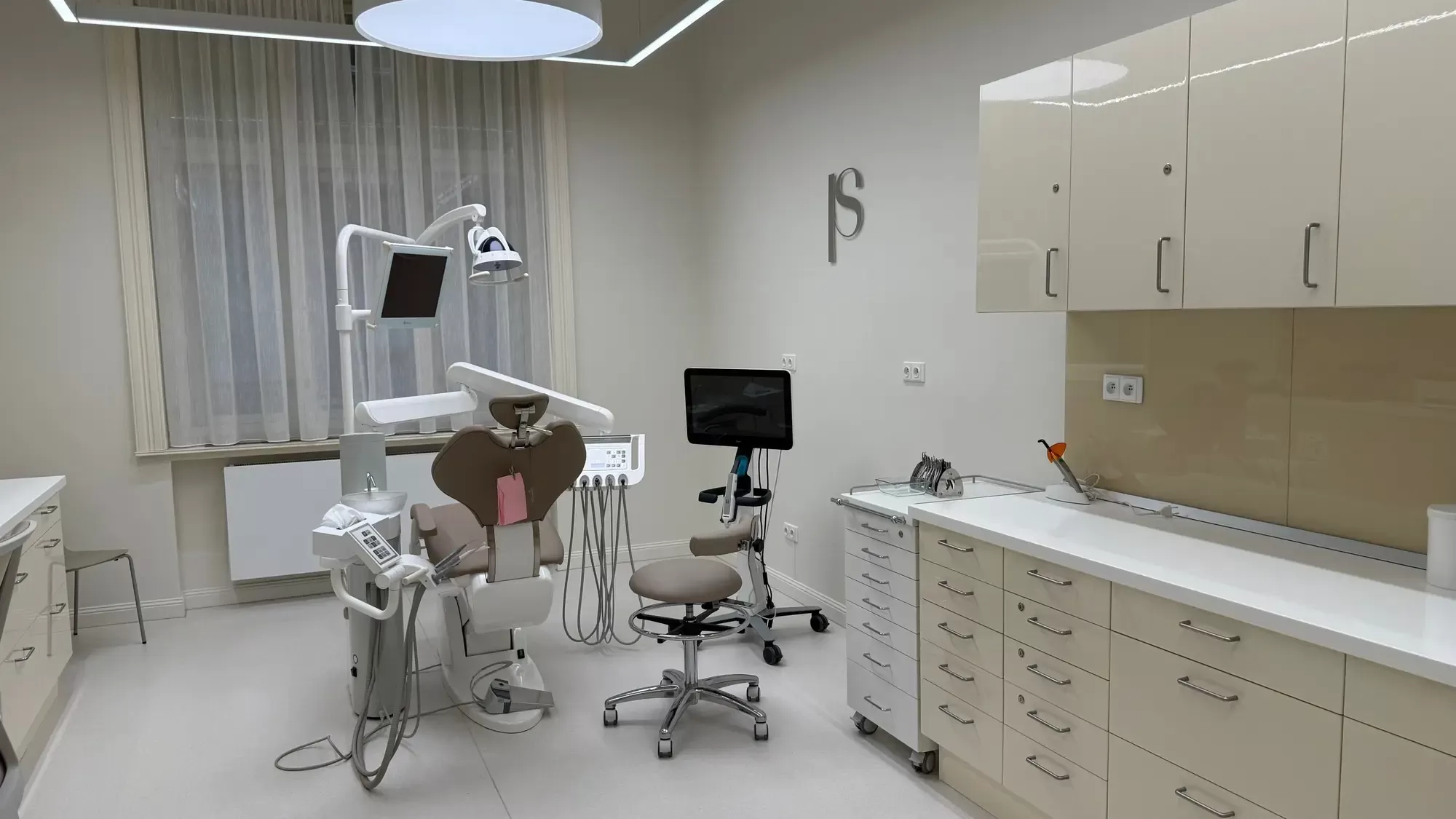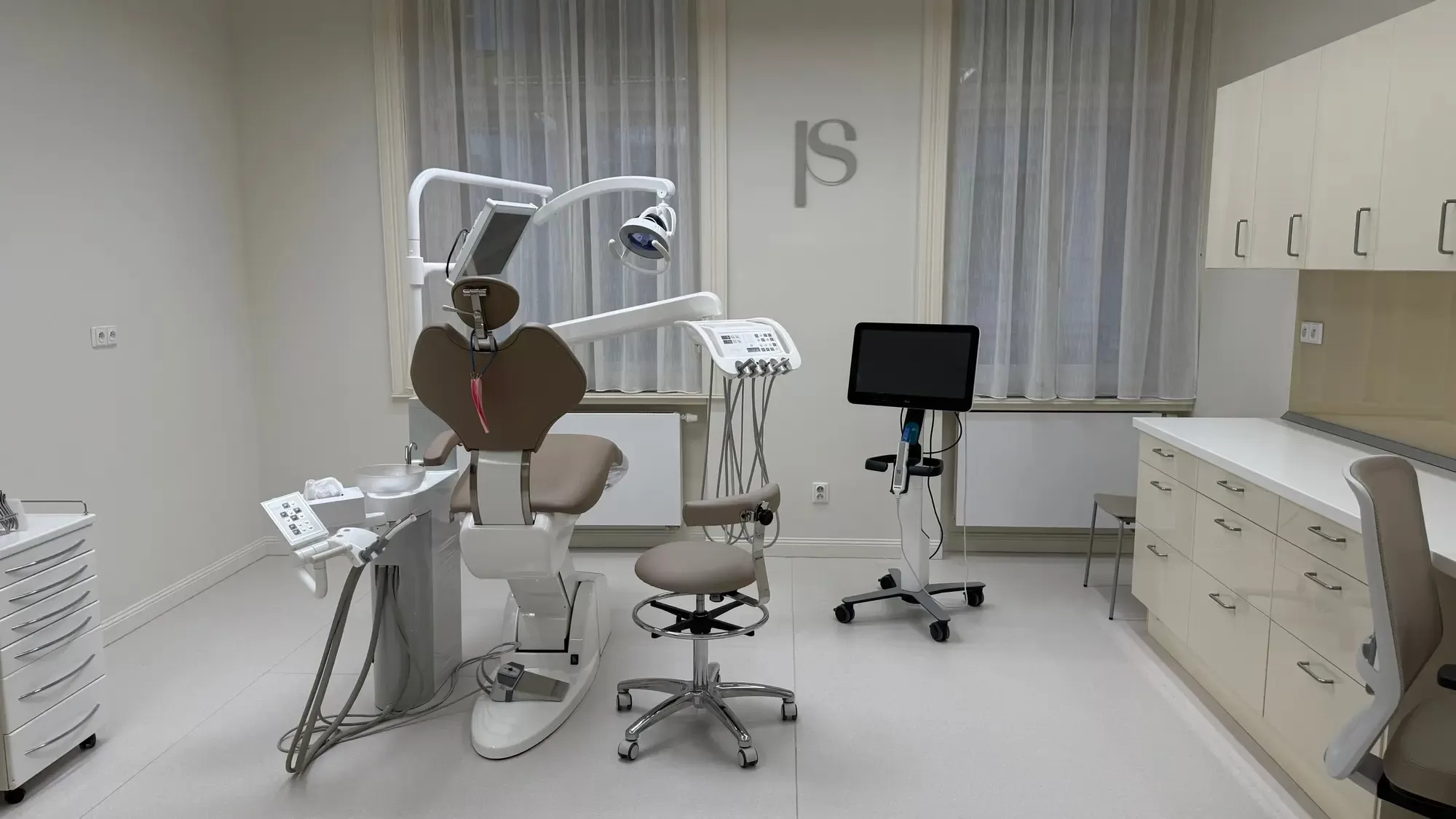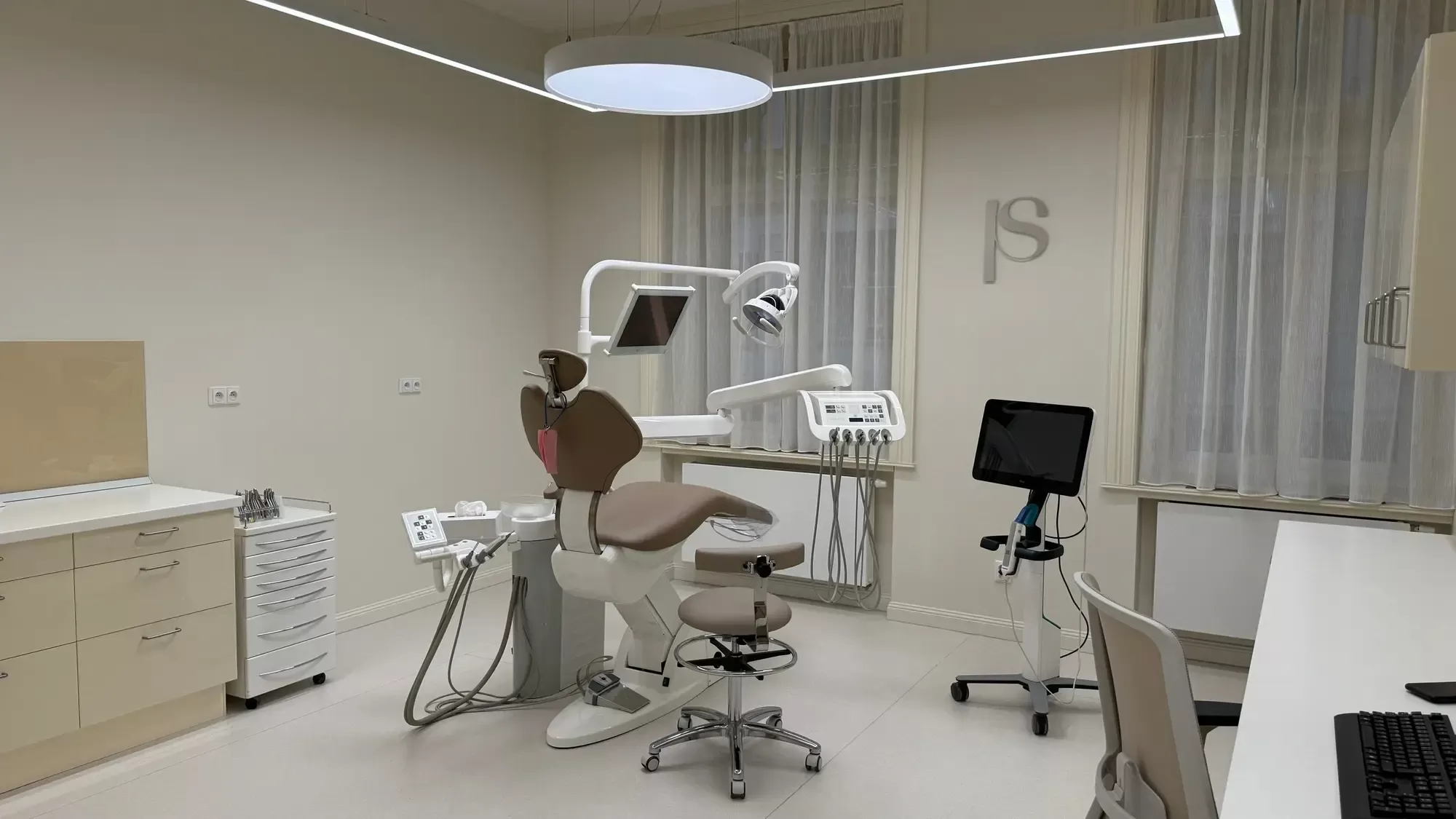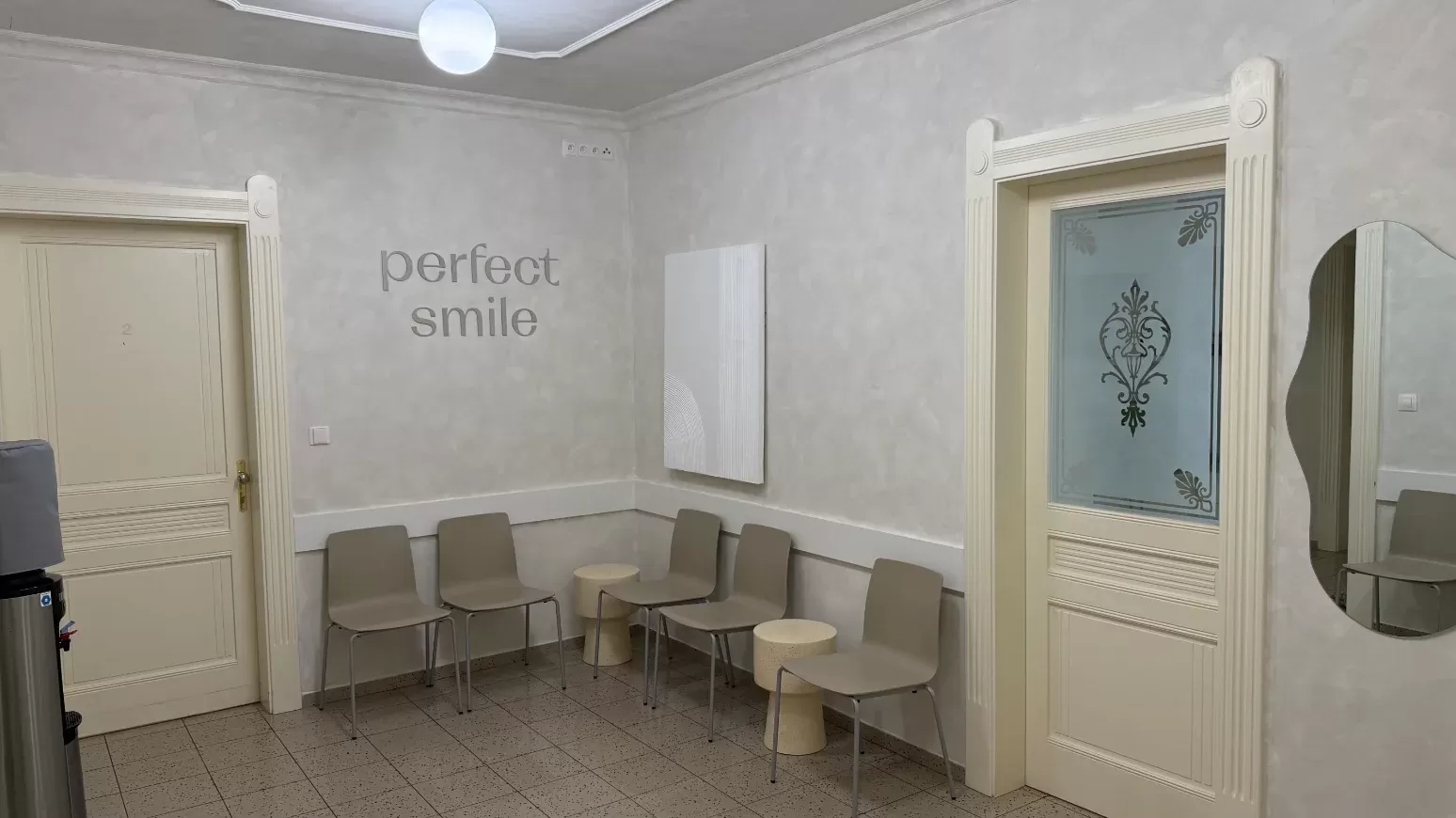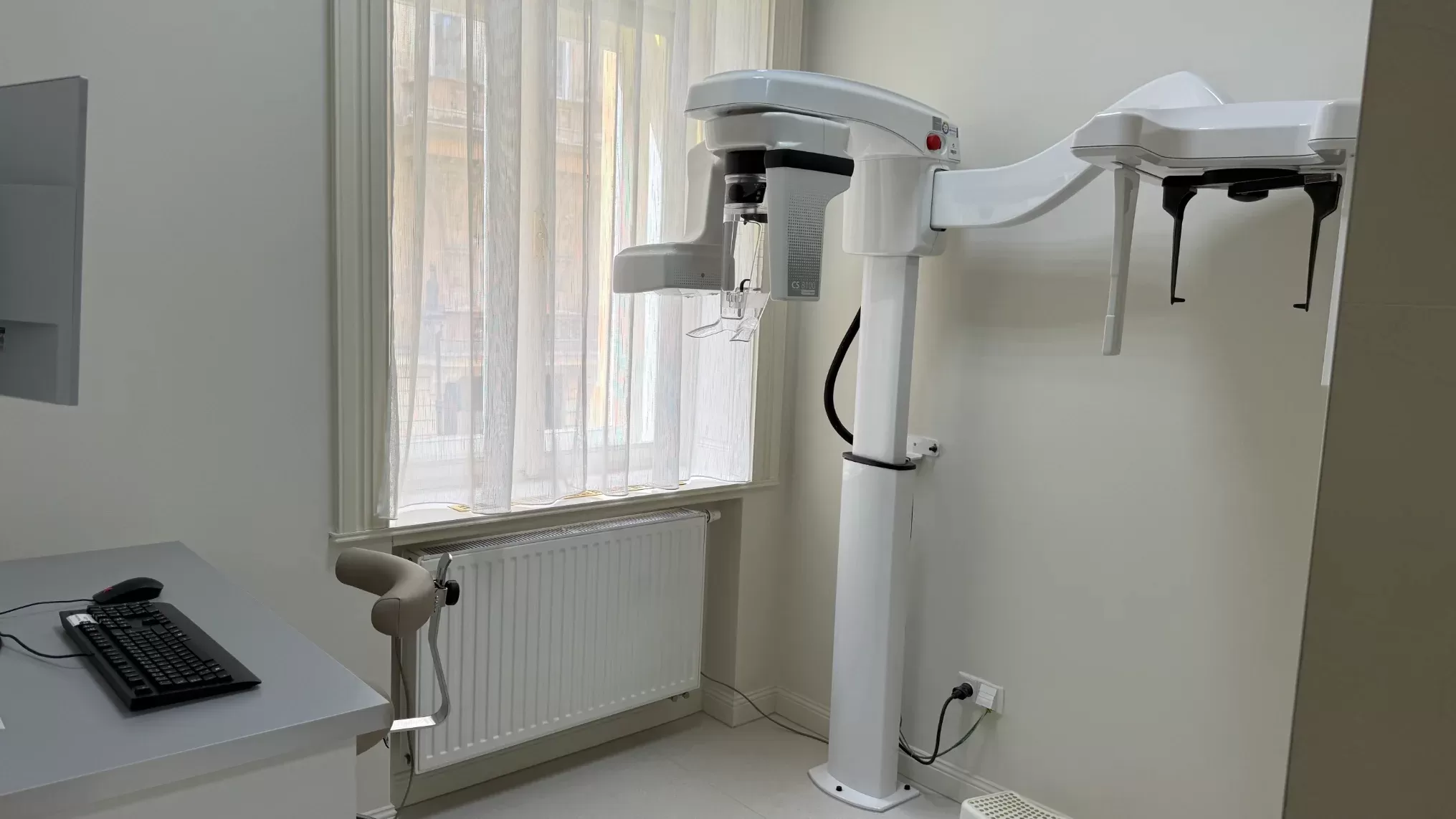Once you have decided to have orthodontic treatment at Perfect Smile, MUDr. Jana Fendrychová will be your main doctor.
I was interested in orthodontics during my studies of Dentistry at the 1st Faculty of Medicine of Charles University. Although it mainly addresses functional defects of the bite, the result also brings the desired aesthetic effect. It makes both the patient and his doctor smile. The work with braces itself is very delicate and experience, imagination and knowledge of the field are the prerequisites for a successful orthodontic treatment result. As with any other work that has to be done perfectly. And since orthodontics is not only my job, but it is above all one of the pillars of my life, I will always strive to meet the expectations of my patients through continuous education, following the latest knowledge, methods, technologies and their application in the daily operation of the Perfect Smile Clinic.
So let's get to know her professionally better on several issues.
Why did you fall in love with orthodontics?
-
"It's a very beautiful field of dentistry in many ways. With braces, we create beautiful smiles for patients 'just by precisely guiding' their own teeth into a regular position. This means they can completely avoid the more invasive procedures of cosmetic dentistry, such as crowns and bridges. No injections or instruments are needed for treatment in an orthodontic office, which all of us fear to some extent. But to be honest, even orthodontic treatment is not completely painless."
One of the most common questions patients ask is how long it will take to get a perfect smile...
- "Orthodontic treatment requires more patience on the part of the patient than improving their smile with prosthetic work. Teeth need to be given time to assume their target position, but as they say, patience brings the roses. In approximately 1.5 years in most cases, active treatment is over and patients leave with a perfect smile. Satisfied that they have committed to treatment. I really love my job for that."
